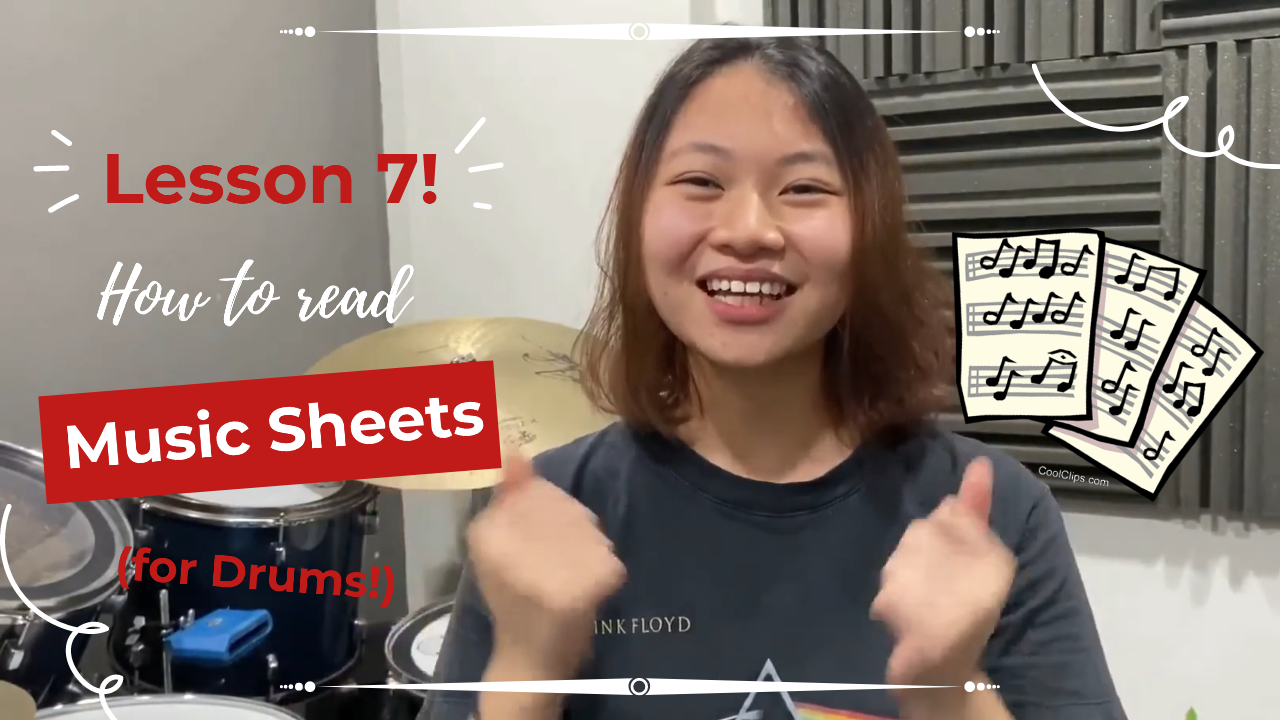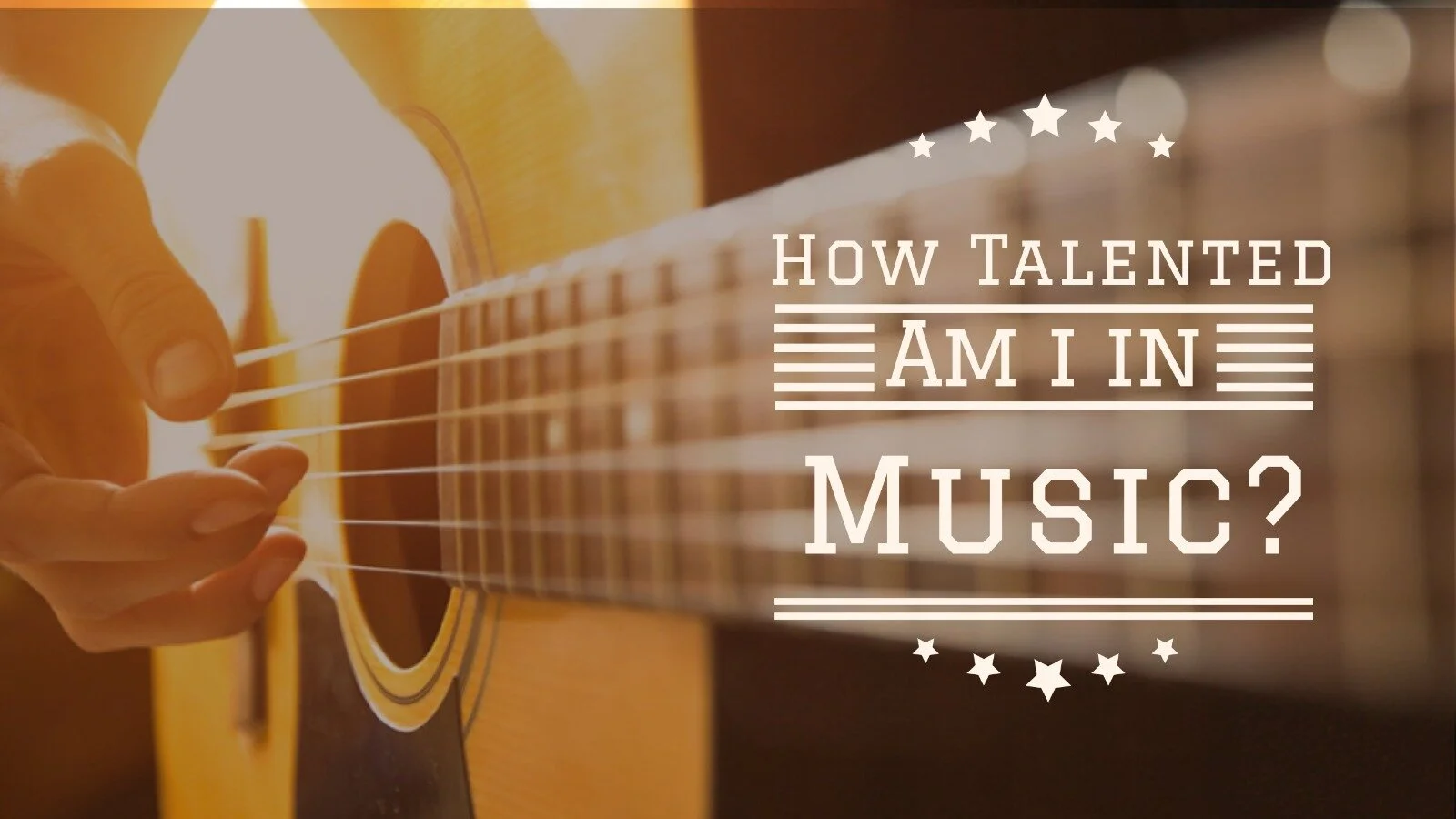How do I choose a Music School (in Singapore)? Part II
Points to consider when choosing a music school
by Zeilver on September 20th
Hello Zeilver here, coming back to you LIVE once again from King George’s Music Academy!
Today we are bringing to you the eighth episode of a series we call- The Knowledge Pearls Initiative (KPI).
The KPI would be bite-size knowledge content centered around music, music creation as well as music playing.
Wish to improve your music knowledge? Wishing to learn more about questions that are rarely explored upon? You have come to the right place.
Do remember to like our Facebook Page to get weekly updates and specials that you would love !
Recap:
What to consider before choosing a music school ?
In the past episode, we have mentioned a few things that should be considered before we start considering how to choose the music school that’s right for you. Points such as:
Your end goal
Which results in the type of music school you should go for
Foundations and Testaments concept
By having perspective on these matters, it would help to eventually make an informed decision on how to choose your schools well!
Read more about what was covered in the previous KPI here!
Foundations and Testaments
Just a brief recap onto the foundation and testaments concept, Foundations are what the school has to offer, be it facilities, amenities or even accessibility.
Testaments are focused much more on the human aspect of matters. Students, who are the walking ambassadors of the music school, are the testament of the music school’s ability to teach a student to do music.
Usually, most people shortlisting music schools are only qualifying (or disqualifying) music schools based on Foundation points and not looking at the Testament points, which should hold a much heavier weight in qualifying a music school.
Don’t get me wrong though, a nicely decorated interior is definitely pleasant to the eyes, paid endorsement by a popular artist is charming to say the least, but ultimately these factors do not play an active part in your learning.
Foundation points - The building blocks of your Music Journey
We are now going to jump right into the Foundation points now and yes, I know I did mention that the weight of the Foundation should be lesser than that of the Testament but it will ultimately help you to make an informed decision if you are unable to observe how the music school’s students do music.
I’ll explain further.
Going into these points, we are going to be covering what the Music School stands for (policies), the location, the administration and staff (people), and even things like its location.
For the Foundations points that we are going to cover are:
Vision & Mission of the Music School
Staffing of the music school
Director(s)
Teachers
Administrative Staff
Awards and Recognition
Location VS Travelling time
What is their teaching methodology?
Your goals or an assembly line?
Policies & Procedure
Facilities
The Costs
The Culture
The Vision and The Mission
Does the chosen music school have a direction in their vision? Do they have a relatable identity that you are able to get behind with?
Deciding if a Music School’s mission/vision that is for you, is not something we can be a judge of. Especially so, with the many types of vision and/or mission out there. You are your best judge!
At the very least, look for a music school that has given thought to what they have wished to accomplish. (The direction of their goals)
The music schools which have given thought to such matters would be reflected in their hiring decisions.
Teachers that have aligned their goals to the music school’s, would have it reflected in the quality of the teachings as well as the consistency of the lessons.
Staffing of the music school
Here we are looking at who is being chosen to be staffed at the music school, the leaders, the teachers and even the administrative staff plays a part, no matter how big or small.
Music School Director
The director of a music school is just like a ship’s captain. How they decide to chart the course to steer the ship that is the music school, determines the direction the music school would take.
Having a director that is in-line with the school’s vision and mission would ensure that you get what you signed up with the school for, especially if it’s vision and mission is one of key qualifying factors.
Some qualifying questions that could be helpful to you to assess the music school director:
What are their guiding values?
Are they committed to the music school’s vision and mission?
Are they experienced in running a music school? If so, what experience do they have as a leader (music industry or otherwise)
What are the goals intended for the school in the next e.g. 5 years?
Music Teachers
We may have placed the Music Director in the position of the ship’s captain, but the main key people that would help to steer the ship are the coxswains, which are taken on by the Music Teachers.
As the ones that you will be in constant contact with, it is also important to know who your teacher(s) are. To facilitate this, here are some questions you should consider finding out:
What is their music education and experience?
Having a well founded education as well as being able to show what they are teaching are essential qualifiers.
Clues to prove the teacher have sufficient experience:
Certificates of the teacher
Resume/CV of the teacher
What are their credentials as a teacher?
Someone who is able to play music does not automatically qualify them to be able to teach. This is much more important than musical aptitude as it is the capacity to pass on knowledge from them to you!
By that point, being able to communicate themselves clearly to you, the student, is important to be able to impart these knowledge.
What are your teacher’s goals?
What are your teacher’s goals for themselves? Is it to become a better teacher as they walk down this path, or are they teaching as a means to survive as a performer?
To teach is a calling, and having a committed teacher is like having half the battle already won.
Are the teachers equipped to teach? If not, is the school providing training?
As it stands, there are currently no recognized courses that train and prepares a musician to be a professionally qualified teacher.
Many musicians who becomes teachers usually have either:
performing experience
are trained in music performance/have the necessary certifications
Neither of these usually aid in the musician who is taking on the role of a teacher.
(That is one of the reasons why, we recognize this prevalent issue at King George’s Music Academy, and have worked to tackle it with our teachers, using KGMA’s our self developed training meant for our teachers)
Administrative Staff
The administrative staff are the front end, the first person you would see as you enter and the last person you would see before leaving. They play a key role as well in ensuring that you would get the best possible experience at the school.
After getting your buy-in and support into the school, are they:
Committed to providing stellar customer service support to you?
Working to ensure that your needs are met and making sure that the overall experience is a pleasant one?
Recognition and Awards
Before I begin with this point, I would just like to take some time to state that awards (or even the lack thereof) does not play a part in your learning.
This point should only hold weight when you are comparing two or more schools of seemingly similar factors OR when you haven’t a clue to discern how a school is doing, then looking into its past prestige would help shed some light.
Location VS Goals
Everyone loves convenience. It’s one of the main reasons why convenience stores are thriving despite the times.
Location has always been deemed as an important factor, especially when choosing a school, and usually people would gravitate to the nearest school because of its convenient location.
This is where you have to weigh your priorities.
A great school or a convenient way to the school?
On the off-chance that the closest school to you also happens to hit all the qualifying points in your checklist, that would be great! Unfortunately, the closest school to you may not always be the best fit for your learning and the best way to compare the distance is against the amount of value that the best-fit school for you is able to provide.
Value delivered > Distance travelled?
If the above statement is true, then what you have is a winner!
Teaching Methodology
Does the teacher ask you what you wish to achieve out of your music journey with them or are they focused on churning out another music robot from the assembly line?
Okay, that may have been a tad harsh on my end, but it is still true. Many schools usually are focused on teaching what is in the syllabus or even molding you into their image, (teaching you how they were taught) not on what you want to learn or even getting to what your goals are.
What you would learn however is how to play the instrument, have technique and skill as you progress but it might kill off your passion in the process.
That is definitely not what we want, but there is an understandable rationale why many schools do that. A customized lesson plan requires a lot more work and that is why many students’ goals tend to go unaddressed.
(That is why here at King George’s Music Academy, we understand this constraint so very well when we were under the tutelage of others. That is also why we now have our very own style of customized lessons! Read more here)
Policies and Procedures
As with every school, it will come with its own set of Standard Operating Procedures.
These SOPs will inevitably vary from music school to music school and may differ rather greatly, however no matter its policies or procedures, it should be made clear to you when you sign up.
We aren’t here to judge on the policies (because there isn’t really a right/wrong) but mostly music schools create these policies based on their operation needs.
What is needed on your part as a student is to determine if these policies are what you can work with and if they are fair to you.
Good questions to ask when finding out about Music Schools’ policies are:
Payments:
how are they made?
When is it due?
Types of payment methods available?
Are there late payment charges?
Lessons:
Are they refunds or pro ratings of fees for unused lessons?
What is the policy for any missed lessons?
What is the rescheduling policy like?
How long do I have for the notice period for any rescheduling of lessons?
What happens if my teacher misses a lesson?
Registration:
Are there any registration fees?
How do I register?
Operations:
What are the music schools’ opening hours?
What days are you open?
Facilities
Facilities do not play a big part in one’s learning but it can definitely help to make the environment for learning much more conducive.
Is the music school clean and organized?
Being clean would not affect your learning in any sort of way but it would definitely boost your comfort, while being organized helps to reduce any sort of distractions, as personally I would not do well with visual disturbance (e.g. have a very disorganized room with things lying about)
The formula for a successful learning experience is just:
Successful learning = A room + an instrument + a willing heart + an open mind + an awesome teacher
Proper soundproofing of rooms would also count as anti-distraction measures such that the teacher and the student would have their own private space to conduct lessons without any audio distractions.
Cost
Cost is a factor in deciding a school. Granted, prices vary amongst music schools but it is also important to see the amount of value that comes out of it.
To illustrate why some schools have higher costs:
Retention of quality teachers = Higher Pay = Higher fees
It is definitely unwise to sign up for music lessons that are not within your budget hence the best move is to choose from schools within your budget, and then compare the amount of value from the music program that you are going for.
(P.s. it may not be most expensive school)
However, that is not the end of the equation:
Retention of quality teachers = Higher Pay = Higher fees = More potential benefits for you, the student
Some music schools do charge higher due to their reputation but it may deliver lesser in value than a great school that may not be as well known. (Research is important in cases like these)
*** An important note from Zeilver: compare the music schools based not on cost, but the amount of potential value delivered from the cost! ***
The Culture
Before diving into the lessons at the music school, this is a great point to consider.
What are the types of students the music school is attracting?
If the students are kids, then what are the values of the parents that send their kids to this school?
This should show you what kind of culture that the music school has or is attempting to build.
You should choose a music school that you feel is the right fit for your values, or a music school with a culture that you want to be a part of.
Thank you for coming to our KPI this week!
Coming next week:
(How do I choose a music school (in Singapore)? part III)
Do like and share this content to all your friends and family if they are keen on qualifying a music school for their music education!
Drop a comment in the comment section on any “what if” or “how to” knowledge pearls you would like us to take a crack at !






















